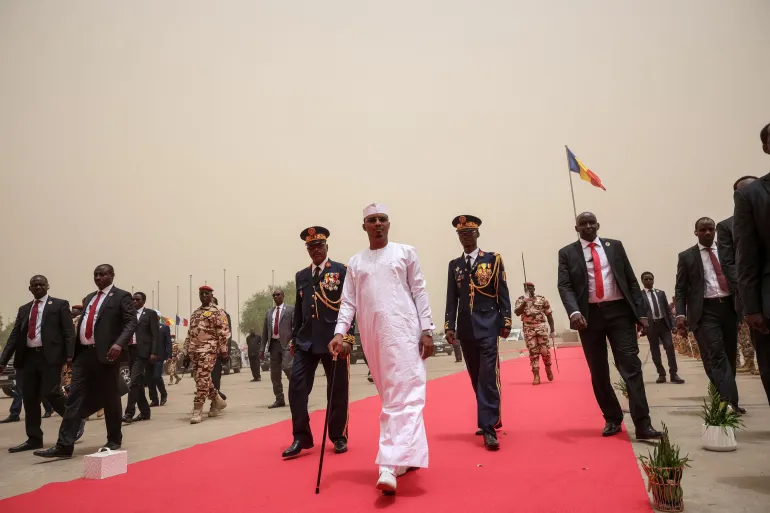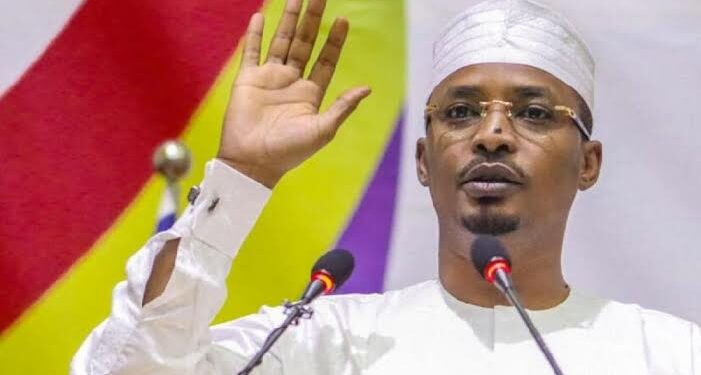In a significant political transition for Chad, Mahamat Idriss Deby has been inaugurated as the nation’s president after serving three years as an interim leader following the death of his father, Idriss Deby. The inauguration ceremony took place in the capital, N’Djamena, on Thursday, amid contested election results from earlier this month. Shortly after Deby’s swearing-in, Chad announced that Allamaye Halina would take over as prime minister, following the resignation of Succes Masra.

During the inauguration, Deby addressed the nation, acknowledging the opposition by saying, “To my brothers and sisters who did not choose me … I would like to say that I respect your choice, which contributes to the vitality of our democracy.” Despite winning 61 percent of the vote on May 6, international NGOs criticized the election process as neither credible nor free. Deby had initially assumed the role of transitional president in April 2021, after his father was killed by rebels. Idriss Deby had been Chad’s leader since taking power through a coup in the early 1990s.
The international community, led by France, quickly recognized Deby as the transitional leader in 2021. This support comes in the context of France’s diminishing military presence in other former colonies such as Mali, Burkina Faso, and Niger, while maintaining a 1000-strong force in Chad.
The inauguration ceremony, attended by eight African heads of state and foreign dignitaries including Franck Riester, France’s minister for foreign trade and Francophonie, marked the conclusion of Chad’s military rule period. However, the opposition denounced this event as further entrenchment of the Deby dynasty, accusing Deby’s clan and their allies of monopolizing key power institutions in Chad, an oil-rich yet impoverished country.
Following Deby’s inauguration, a decree on state television named Allamaye Halina as the new prime minister. Halina, previously Chad’s ambassador to China, takes over from Succes Masra, who resigned on Wednesday. Masra, a prominent opposition leader, was Deby’s main competitor in the election, securing 18.54 percent of the vote. His challenge to the election results on grounds of fraud was unsuccessful after the Constitutional Council rejected his appeal. Despite stepping down, Masra called on his supporters to remain mobilized but peaceful.
As Chad embarks on this new chapter, the international community and local opposition alike will closely watch how Deby’s administration addresses the calls for democratic reform and power decentralization in one of Africa’s most economically challenged nations.
- Tags: Chad, Elections, Mahamat Idriss Deby, Politics




